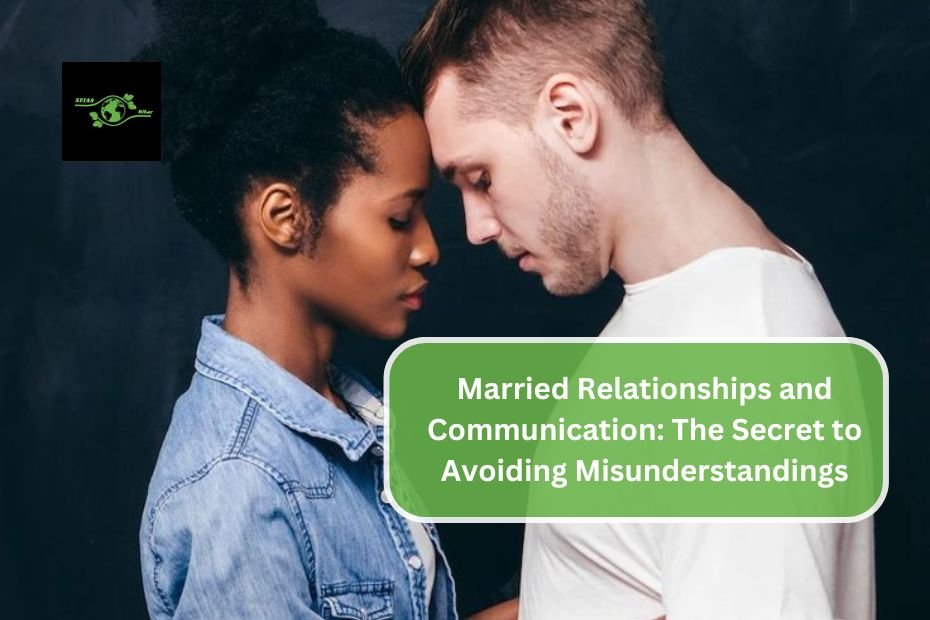Effective communication is the cornerstone of a successful marriage. It not only helps partners express their needs and feelings but also plays a crucial role in avoiding misunderstandings that can lead to conflict. Here’s a comprehensive look at how to enhance communication in your marriage and ensure a deeper understanding between partners.
The Importance of Communication in Marriage
Communication in marriage encompasses more than just exchanging words; it involves active listening, understanding non-verbal cues, and expressing emotions clearly. When couples communicate effectively, they can reduce misunderstandings, build trust, and enhance overall marital satisfaction. Here are some key aspects of effective communication:
- Active Listening: Listening is just as important as speaking. Make an effort to truly hear what your partner is saying without planning your response while they talk. This shows respect and allows for a more meaningful exchange of ideas.
- Clarity and Honesty: Be clear about your thoughts and feelings. Use “I” statements to express your needs (e.g., “I feel overwhelmed when…”) rather than accusatory “you” statements (e.g., “You never listen…”). This approach reduces defensiveness and fosters open dialogue .
- Non-Verbal Communication: Pay attention to body language, facial expressions, and tone of voice. Non-verbal cues can convey emotions more powerfully than words alone. Ensure that your non-verbal signals align with your verbal messages to avoid confusion .
- Setting Aside Distractions: Create an environment conducive to open communication by minimizing distractions. Put away phones, turn off the TV, and focus on each other during conversations. This intentionality shows that you value the discussion .
Strategies for Effective Communication
To strengthen communication in your marriage and avoid misunderstandings, consider implementing these strategies:
- Schedule Regular Check-Ins: Set aside time each week for a dedicated conversation about your relationship, feelings, or any issues that may have arisen. This regular check-in can help both partners feel heard and valued.
- Practice Empathy: Try to see things from your partner’s perspective. Understanding their feelings and viewpoints fosters compassion and reduces the likelihood of misunderstandings.
- Ask Open-Ended Questions: Encourage deeper conversations by asking questions that require more than yes or no answers. For example, “What was the best part of your day?” or “How do you feel about our plans for the weekend?” This invites your partner to share more about their thoughts and feelings.
- Address Issues Early: Don’t wait for small problems to escalate into major conflicts. If something is bothering you, address it calmly and respectfully before it becomes a larger issue.
- Use Positive Reinforcement: Acknowledge and appreciate your partner’s efforts in communicating effectively. Positive reinforcement encourages them to continue engaging in open dialogue.
- Be Willing to Compromise: Healthy communication involves finding solutions that satisfy both partners’ needs. Be open to compromise rather than insisting on having things your way.
- Seek Professional Help if Needed: If communication issues persist despite your efforts, consider seeking the guidance of a couples therapist or counselor who can provide strategies tailored to your relationship .
Conclusion
Effective communication is essential for avoiding misunderstandings in marriage and fostering a strong emotional connection between partners. By prioritizing active listening, clarity, empathy, and regular check-ins, couples can enhance their communication skills significantly. Remember that communication is an ongoing process requiring effort from both partners. By cultivating these habits, you can create a loving environment where both individuals feel valued, understood, and connected—ultimately leading to a healthier and more fulfilling marriage.
| HOME | CLICK HERE |
| CATEGORY | CLICK HERE |

